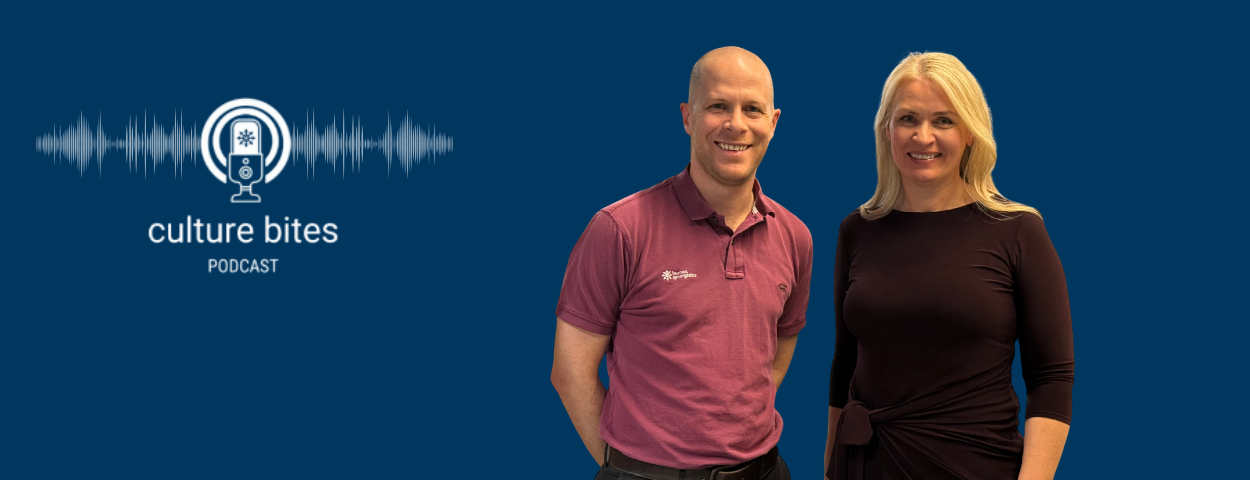Guest: Dr Amanda Mullin, Founder of Mindworks Psychology & Think Differently
Host: Dominic Gourley (Human Synergistics Australia)
Why are so many adults suddenly discovering they’re neurodivergent, and what does that mean for workplaces? Dominic sits down with clinical and organisational psychologist Dr Amanda Mullin to unpack the myths, labels, and lived realities of autism, ADHD, anxiety and more – plus the practical steps leaders and coaches can take to create truly inclusive (and high-performing) teams.
Key Topics Discussed
- What neurodiversity really means – moving from the scary “umbrella list” to a biodiversity mindset where every brain is wired a little differently.
- Autism & ADHD demystified – social communication styles, sensory differences, dopamine pathways, masking, and why no two people present the same way.
- From labels to lived experience – the upside of TikTok normalising diagnoses, and the downside of self-labelling that becomes a limiting identity.
- Inclusion vs accountability – the sun-screen metaphor: individuals take responsibility for their needs, leaders create the space and tools.
- Anxiety in the workplace – why 1-in-4 adults face it, why avoidance fuels it, and how small, graded steps beat throwing people in the deep end.
- Coaching neurodivergent clients – challenge stories, focus on strengths, and flex goals (e.g. channelling competitive energy into personal achievement).
- Rethinking ‘perfect employee’ stereotypes – autistic people aren’t all coders, ADHDers aren’t all sales guns; treat everyone as the one-off flavour they are.
Actions to Take
- Ask, don’t assume – open a non-judgemental conversation about preferred communication, sensory triggers, and support needs.
- Build flexible systems – offer quiet zones, noise-cancelling headphones, written agendas, or time-blocking choices instead of one-size-fits-all rules.
- Normalise micro-learning – share bite-sized resources (podcasts, short courses) on neurodiversity for both leaders and teams.
- Separate behaviour from worth – hold everyone to clear outcomes, while allowing different paths to get there.
- Practise graded exposure for anxiety – help team members take the first small step (e.g. observe a meeting) before expecting full participation.
Resources Mentioned
- Mindworx Online – self-paced courses on ADHD, autism, anxiety and emotional regulation
- Think Differently – Dr Mullin’s speaking platform for workplaces.
- DSM-5 – current diagnostic manual (and why it keeps evolving).
Help Us Grow
Liked this conversation?
- Share it with a colleague who cares about inclusive culture.
- Subscribe and leave a quick review – it helps others find the show.
- Send your questions or topic ideas to podcast@human-synergistics.com.au
